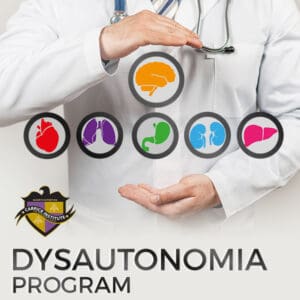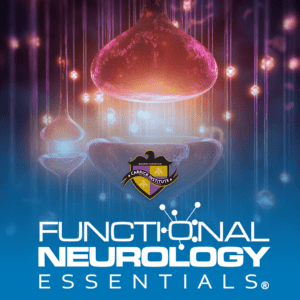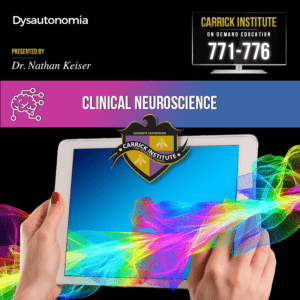Dysautonomia Program
Dysautonomia is often present in patients and is missed by clinicians. This program aims to never let that happen to you by teaching what you need to know to become an expert in the diagnosis and rehabilitation of Dysautonomia.
Day 11 - Dysautonomia Program
As a 12-days of Neuro BONUS, receive Dysautonomia Bootcamp with your Dysautonomia Program purchase! ($699 Value)
Use Code: DENDRITEDASH24 at checkout to save on the Vestibular Rehabilitation Bundle!
OR
Save $300 off any self-paced Dysausonomia Program, including Grand Rounds!
Dysautonomia is often present in patients and is missed by clinicians. This program aims to never let that happen to you by teaching what you need to know to become an expert in the diagnosis and rehabilitation of Dysautonomia. Dysautonomia is a set of conditions that are often either the direct cause of our patient’s disease or as a concomitant of what they are suffering from.
Use code: CORTEXCANDY24 to save on individual modules.
Advanced Specialty Program
Dysautonomia - A Modern Clinical Approach to Diagnosis & Rehabilitation
Dysautonomia is often present in patients and is missed by clinicians. This program aims to never let that happen to you by teaching what you need to know to become an expert in the diagnosis and rehabilitation of Dysautonomia. Dysautonomia is a set of conditions that are often either the direct cause of our patient’s disease or as a concomitant of what they are suffering from. Clinicians must be trained to recognize and rehabilitate dysautonomia to serve their patients at the highest levels possible.
Who is this class for?
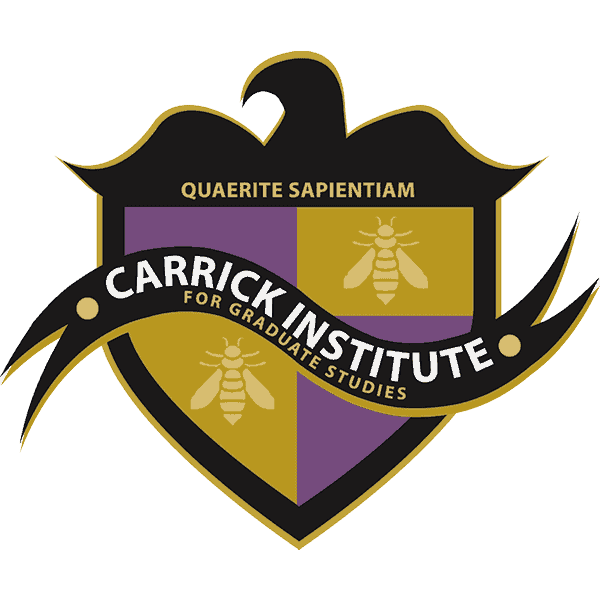
- Learn a comprehensive understanding of the physiology of dysautonomia
- Learn physical exam skills to arrive at the correct root cause of the patients suffering
- Learn a modern approach to creating individualized treatment plans for dysautonomia patients.

The Treatment Approach Taught in Dysautonomia
Scholars who attend this program will learn to assess their patient’s neurophysiology through an evidence-based physical and neurological exam, learn the pathophysiology of the spectrum of dysautonomia conditions, know how to arrive at the appropriate diagnosis, and with precision learn how to create customized rehabilitation programs for that specific patient.
This is not teaching a cookie-cutter approach to dysautonomia rehab but rather teaches you how to think about each patient on a case-by-case basis so you can deliver a customized and effective solution for them.
Why Learn Functional Neurology?
Optimizing one's nervous system creates an environment for maximum healing while simultaneously maximizing the human potential.
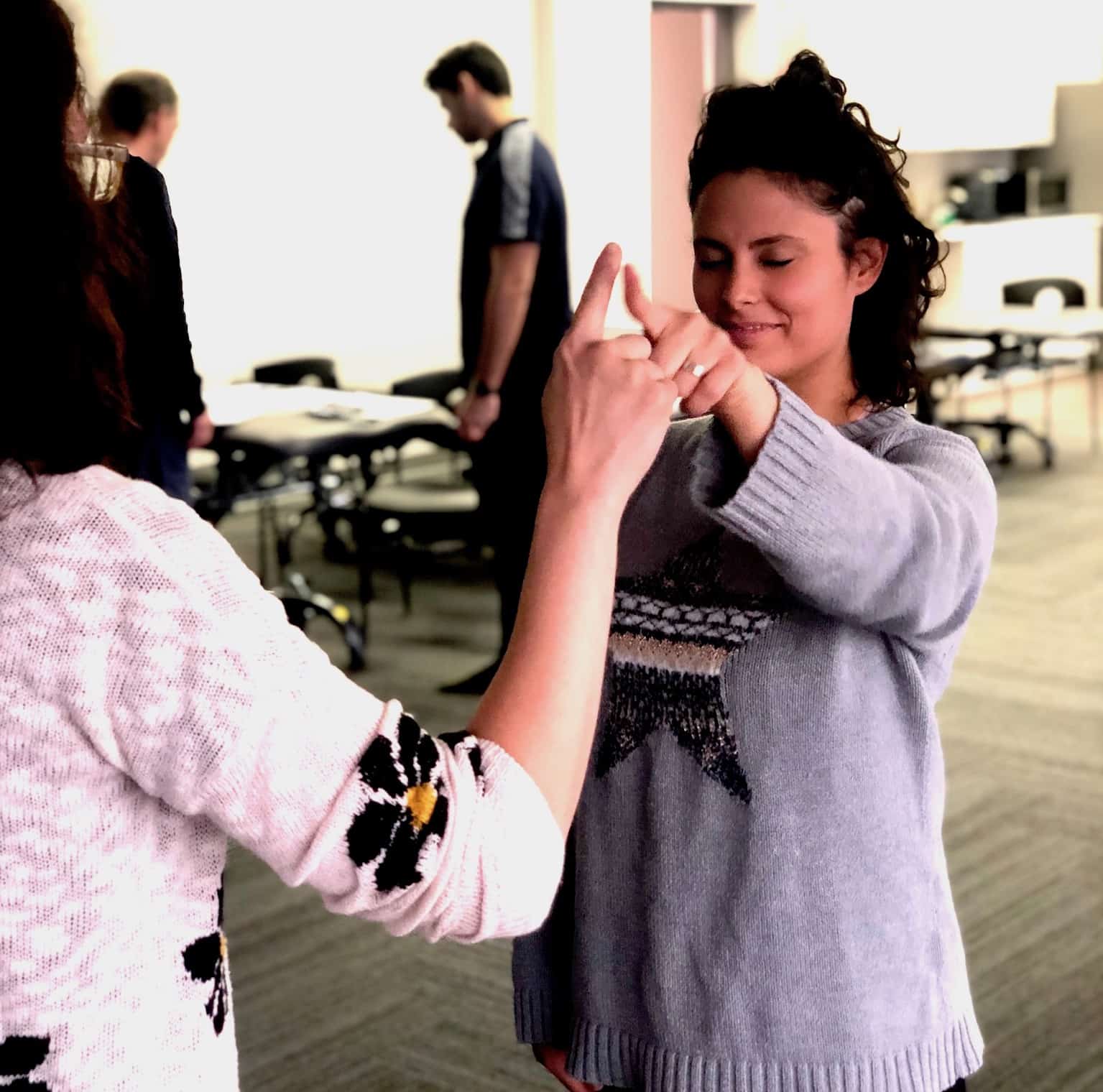
Our nervous system controls all our bodily functions, actions, and reactions. Many diseases often involve negative changes within the central nervous system that further promote and contribute to the initial illness. It is becoming more evident that many diseases can also originate from dysfunction within the CNS, requiring practitioners to know about these relationships, especially when patients fail to respond to standard treatments.
Leveraging functional neurology to optimize nervous system function refers to the process of stimulating the CNS with the goal of restoring optimal functional connectivity. It relies on two critical elements for its success: the first neurogenesis and the second neuroplasticity. Neurogenesis refers to the creation of new neurons, while neuroplasticity refers to the ability of our nervous system to rewire and optimize itself.
Thus, optimizing one’s nervous system creates an environment for maximum healing while simultaneously maximizing the human potential.
Dysautonomia Key Objectives
Module 1
- Current knowledge base of modern autonomic theory ○ Looking back to move forward.
- Autonomic Neurotransmission
- Gross anatomy of the peripheral sympathetic and parasympathetic nervous system
- Visceral afferent neurons and autonomic regulations
- The final autonomic pathway and its analysis
- The peripheral sympathetic and parasympathetic pathways
- Sympathetic non-vasoconstrictor neurons innervating pelvic viscera and colon
- “Other” types of sympathetic neurons
- Adrenal Medulla
- Sympathetic neurons innervating immune tissue
- Parasympathetic systems
- The enteric nervous system
Autonomic dysreflexia
Module 2
- Central control of autonomic function.
- Synucleopathies
-Autonomic Reflex Integration
-Cardio-respiratory control
-Cardiorespiratory control at rest
-Integration of autonomic regulation in upper brain stem and limbichypothalamic centers
-Defense reactions integrated in the mesencephalon
-Central representation of emotional states and patterns of autonomic reactions
-Autoimmune Autonomic Disorders
-POTS
-Syncope
-Autonomic Hyperactivity
Module 3
- REVIEW- Module 1
- Pathological conditions
-Cerebral vascular anatomy
-Cerebral Blood Flow
-Cardiac Examination
-Fundoscopy
-Autonomic Testing
-Head Up Tilt Test
Module 4
- Cerebral Blood Flow
- Resting sinus arrythmia
- Valsalva
- Head up Tilt Test
- Hand Grip
- Amaurosis Fougax
- Peripheral Nerve Exam
- Neurovisceral Integration Hypothesis
- Pupillometry
- Heart Rate Variability
- The Cerebellum and Baroreflex
- Brainstem Reflexes
Module 5
- Consensus Management
- Jugular Venous Pressure
- Passive leg raise
- Blood flow, breathing and blood gases
- Heistad’s Dogs
- Neurovascular coupling in humans:
- Physiology, methodological advances and clinical implications
- Vestibular interactions
- Cervical spine interactions
- Trigeminal stimulation
- Vagal Stimulation
- Water immersion
- Exertion
Module 6 - Grand Rounds
Clinical Rounds as it relates to topics covered in the entire series.
Dr. Lon Kalapp
Course Information
Included In Your Tuition
- 140 Neurology Hours For The Entire Program
- 25 Neurology Hours Per Module
Receive any future updates to the course videos or other materials
All-Access to the flipped classroom material and online videos, including updates.
Re-attendance – Retake the class on-site, or via online, self-paced learning as many times as you’d like as an audit.*
3 months of unlimited access to Medline
All-Access to the digital recording of the class
For more information on CE/CME eligibility, visit https://carrickinstitute.com/ceinfo/
Get Started
Join us ONLINe or at one of the live locations listed below!
Upcoming Dates For GRAND ROUNDS
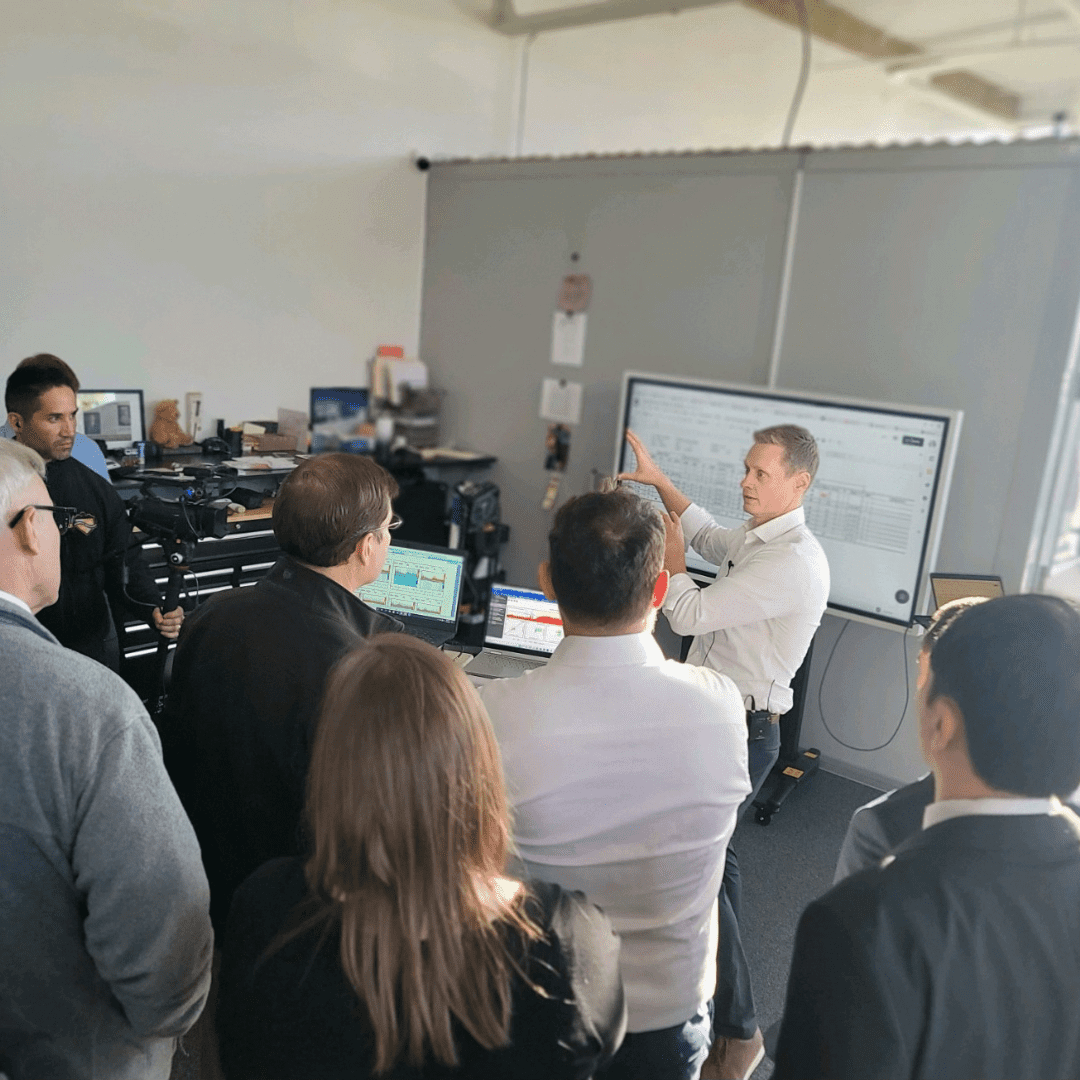
REGISTER HERE
-
Functional Neurology Essentials® Program
$2,750.00Original price was: $2,750.00.$1,750.00Current price is: $1,750.00. Select options This product has multiple variants. The options may be chosen on the product page
REGISTER HERE
-
Dysautonomia
(775) Dysautonomia – A Modern Clinical Approach to Diagnosis & Rehabilitation Pt. 5
$1,450.00 Add to cart -
Dysautonomia
(774) Dysautonomia – A Modern Clinical Approach to Diagnosis & Rehabilitation Pt. 4
$1,450.00 Add to cart -
Dysautonomia
(773) Dysautonomia – A Modern Clinical Approach to Diagnosis & Rehabilitation Pt. 3
$1,450.00 Add to cart -
Dysautonomia
(772) Dysautonomia – A Modern Clinical Approach to Diagnosis & Rehabilitation Pt. 2
$1,450.00 Add to cart -
Dysautonomia
(771) Dysautonomia – A Modern Clinical Approach to Diagnosis & Rehabilitation Pt. 1
$1,450.00 Add to cart -
Dysautonomia
Dysautonomia – A Modern Clinical Approach to Diagnosis & Rehabilitation SelfPaced Learning Bundle
$8,049.00Original price was: $8,049.00.$6,500.00Current price is: $6,500.00. Select options This product has multiple variants. The options may be chosen on the product page




